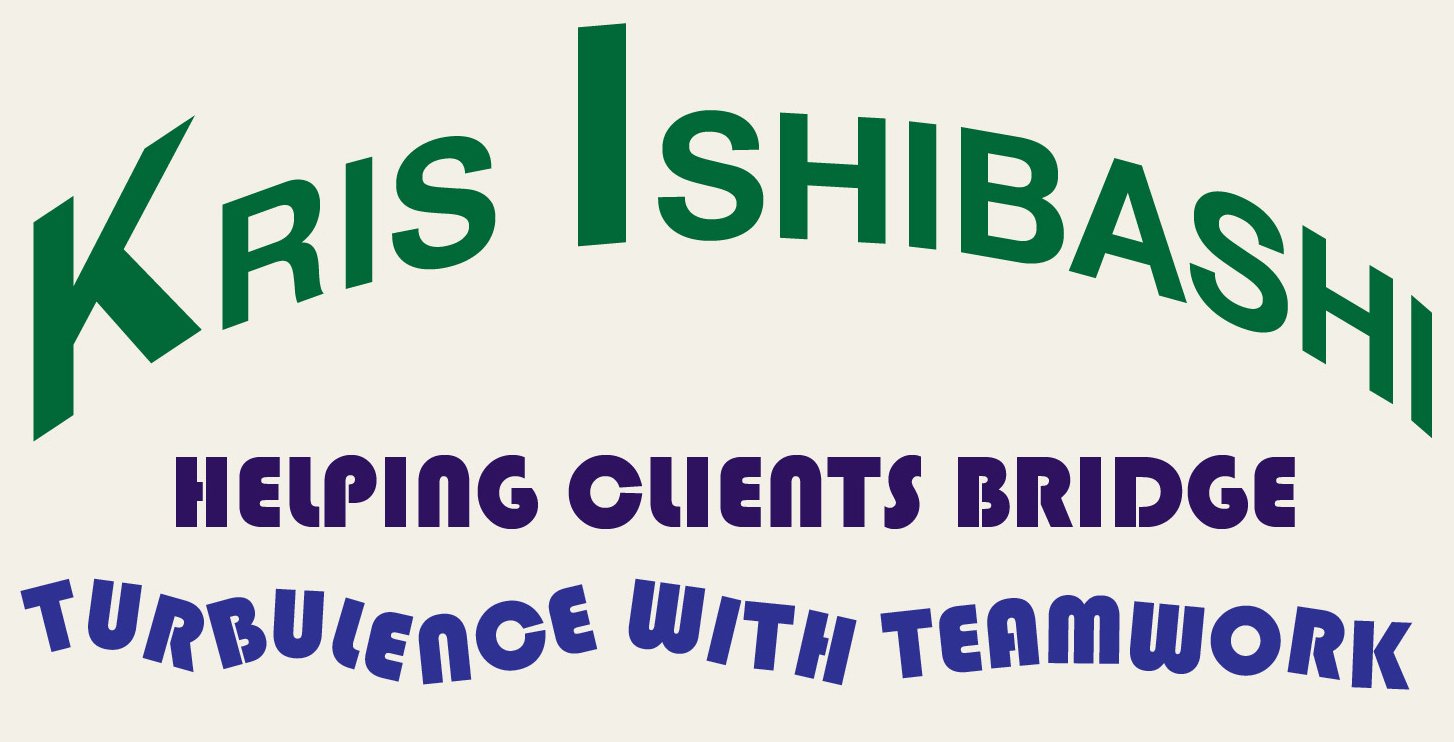Copyright: <a href='https://www.123rf.com/profile_wavebreakmediamicro'> wavebreakmediamicro / 123RF Stock Photo</a> ------Copyright: <a href='https://www.123rf. com/profile_wavebreakmediamicro'>wavebreakmediamicro / 123RF Stock Photo</a>
We’ve all been subjected to staff meetings that seem to drone on for hours and at the end of it we feel that we’ve been robbed of precious hours. Sometimes we wonder why the contents of the meeting couldn’t have been summarized into an email.
As the leader of a team, are your staff meetings any better? You have important information to share, and sometimes it feels like you’re talking to a wall. It’s especially frustrating when you cover something in a staff meeting only to have people tell you later, “I didn’t know,” or “You never told me.” Many of us try to mix it up a bit by having several speakers, but if one speaker is as dry as the next, is this really going to make a difference? So what do you do?
You need to engage your audience. All of us demand engagement in everything we watch. Everything from awards ceremonies, advertisements, and TV news (just watch some video from 30 years ago), has gotten flashier. I run a free job search support group where people come to learn job search skills. Since I don’t put on a flashy show, I’ve learned that to keep people coming back, I need to engage them during my 90-minute sessions.
Communication is a two-way street. For people to be open to listening to you, you need to make them feel heard. Give the people at the meeting a chance to talk in small groups and then ask them to report to the bigger group or take their notes and send them out to everyone.
You may say to me, that’s fine for a seminar, but what about real business? At any given time there are things that are either in the planning stages or changes (internal and external) that have happened that have had a negative impact on your team. Asking them for suggestions of constructive ways to cope with challenges is always a good thing.
When you ask for input, people are more likely to engage in small groups. Splitting the meetinginto groups of three or four and then having the groups report is effective. During the small group discussions, the energy level in the room rises and when you pull the whole meeting back to debrief, the discussion is often fruitful and the whole room is engaged.
One important thing about getting feedback from your team is that you need to show that you’ve incorporated it into your decision-making. Failure to do this will lead people to conclude that these small group sessions are no more than fire drills. This shouldn’t be an issue if you’re on your game as an empowering leader.
QUESTION: How do you make your meetings engaging?
================================================================
Leadership/Career Coach Kris Ishibashi works with leaders to bring together their skills, their authentic selves, and their intentions to inspire their organizations to superior performance. Click here to set up a complimentary consultation.


